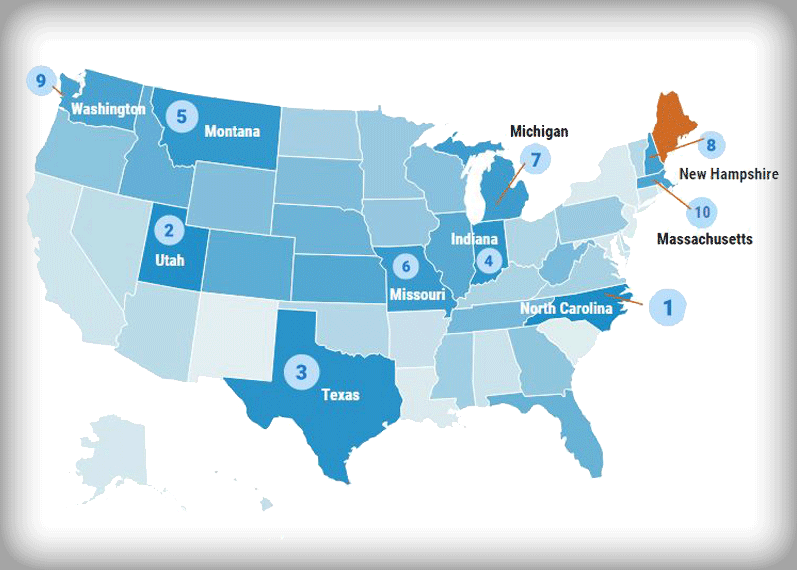Here's proof that small business has no political party ties.
To some people, being a CPA or financial counselor is just a job. Perhaps it’s a career. To me, it’s a way of life. I filter my politics through the lens of financial literacy and personal responsibility.
That means I’m not loyal to a political party — I’ve met both Donald Trump and Hillary Clinton. I’m committed to a range of beliefs. One of those is about red tape.
I believe business in this country suffers from over-regulation and over-taxation. Now, those terms — over-regulation and over-taxation — have become as politicized as pro-choice and pro-life. They shouldn’t be.
I’m not against regulation
I’m against costly rules that don’t really protect the public. Too often, governments at every level — city, state, federal — pass a new regulation simply to look good to a constituency whose vote they want. Lawmakers tend to have little to no experience in all the fields they make rules for, so they don’t know the impact of these rules.
They also normally never revisit these new rules to see if they’re effective. In fact, I’ve seen government officials pass even newer rules on top of their previous ones, because the older ones aren’t working. They seldom think of repealing any rules.
I’m not against taxation
I like driving on roads without potholes. I like not worrying about being invaded by a foreign army. I like an educated populace.
What I don’t like is this irony: Governments add more regulation, then they raise taxes to pay for the employees to monitor those regulations. When those regulations don’t work, they add more regulations — and more employees.
It would be easy to make this an issue between Republicans and Democrats. It would logically follow that Republicans want smaller government, so therefore, Republicans are smarter about regulations. Meanwhile, Democrats trust government to solve problems, so they must adore regulation.
Not necessarily so. Here’s an example.
Recently, an online publication called Fit Small Business tried to figure out which states are the best for starting a small business. Its researchers studied everything from taxes to cost of living, from the available labor market to the available commercial real estate.
Regulation and taxation were a major part of the rankings.
“We based our methodology on 24 metrics across seven categories and then analyzed the data to determine the weights for those categories,” boasts editor-in-chief David Waring. “This index is, by far, the most comprehensive list available.”
The result was this map. Here’s a screen shot of it…

Now here’s where it gets interesting. Compare the map above to a map of the Electoral College results from last year’s election…

Do you see what I see? Almost a third of the states that voted for Clinton make the top 10. That’s New Hampshire, Massachusetts, and Washington.
Makes you wonder: What else in this country seems to be strictly partisan but isn’t? And what would happen if die-hard members of both parties actually studied the issues? Personally, I don’t care which party a candidate belongs to. I care about which philosophy they believe in.
I think we’d all be better off if that attitude spread.







